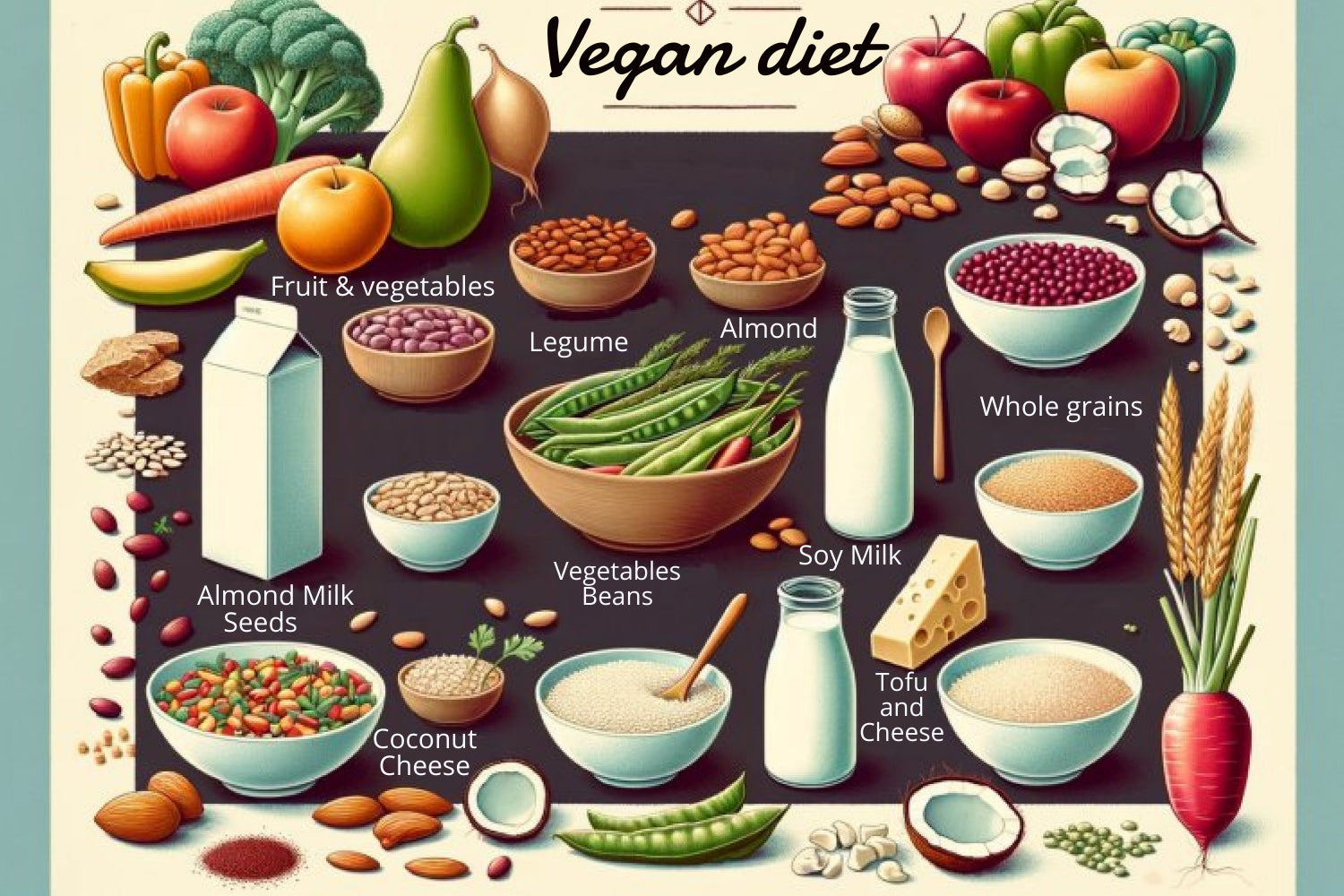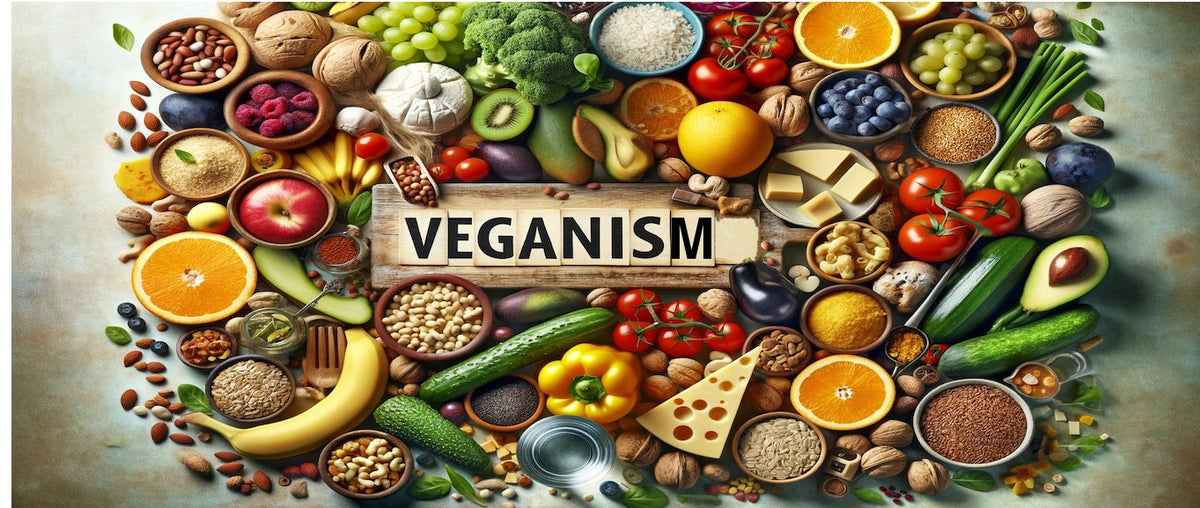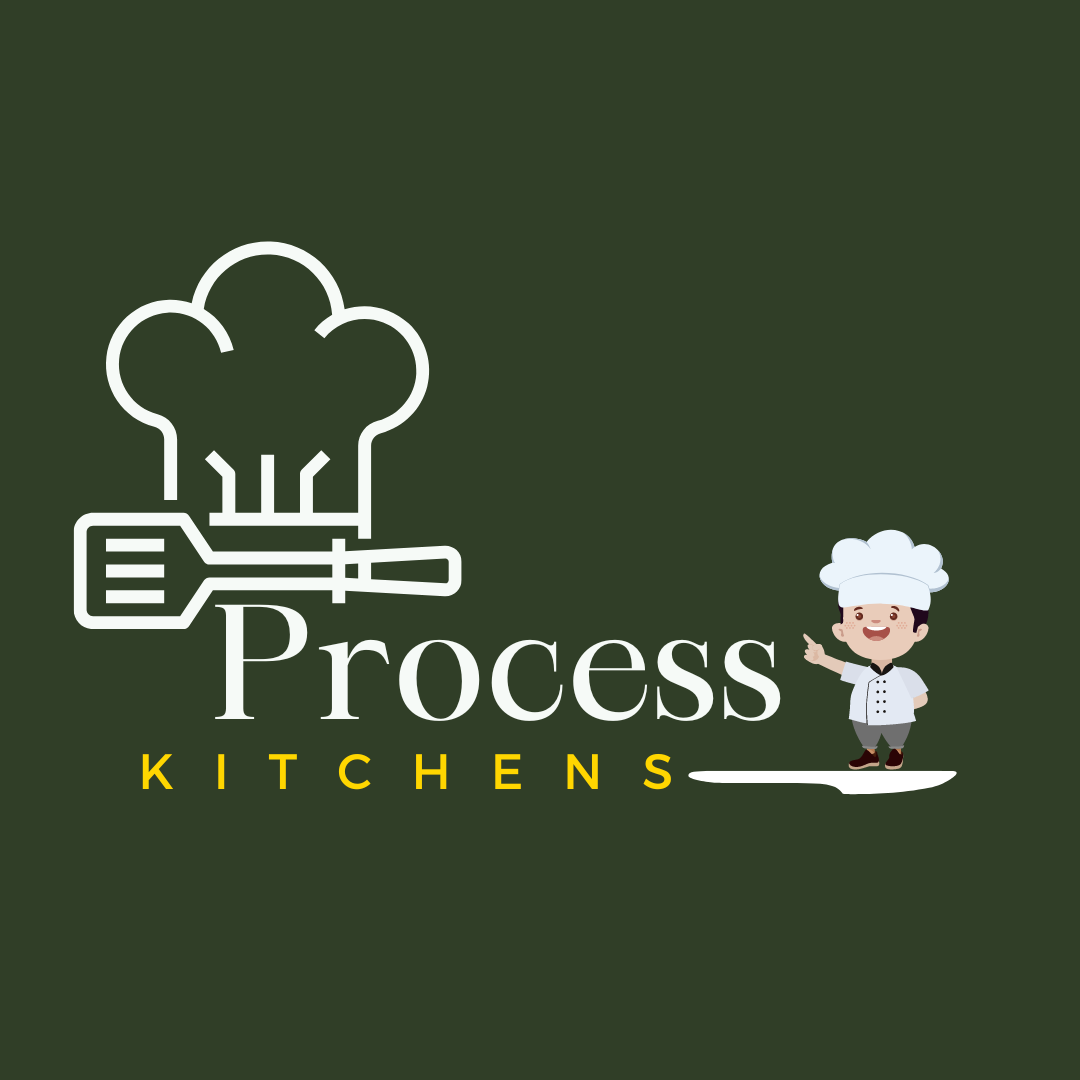The vegan diet has become one of the most popular dietary choices today, with people turning to plant-based eating for health, environmental, and ethical reasons. But what is a vegan diet, and why do so many people adopt it? In this guide, we’ll cover everything from the core principles of a vegan diet to its benefits, nutritional tips, and even practical steps to get started.

What is a Vegan Diet?
A vegan diet is entirely plant-based, meaning it excludes all animal products such as meat, dairy, eggs, and even honey. While some choose a vegan diet strictly for health, others see it as a lifestyle focused on reducing harm to animals and the environment. In a vegan diet, plant foods like fruits, vegetables, grains, legumes, nuts, and seeds take center stage.

Why Do People Choose Veganism?
People adopt veganism for many reasons, including:
- Health Benefits: A plant-based diet can lower the risk of heart disease, obesity, diabetes, and certain cancers.
- Environmental Impact: Animal agriculture is a significant source of greenhouse gas emissions, deforestation, and water consumption. Vegan diets are more sustainable.
- Ethical Reasons: Many adopt veganism to avoid animal exploitation and cruelty, extending beyond diet to avoiding animal-derived products like leather and wool.
Essential Components of a Vegan Diet
To ensure a balanced and nutrient-dense diet, it’s important to include a wide range of plant foods:
- Fruits and Vegetables: These provide vitamins, minerals, antioxidants, and fiber.
- Legumes: Beans, lentils, and peas are protein-rich and versatile.
- Whole Grains: Brown rice, oats, quinoa, and barley are high in fiber and nutrients.
- Nuts and Seeds: Almonds, chia seeds, and flaxseeds offer healthy fats and protein.
- Plant-Based Milk: Options like almond, soy, and oat milk add variety and essential nutrients like calcium and vitamin D.

Health Benefits of a Vegan Diet
Following a vegan diet can have numerous health benefits, such as:
- Heart Health: Lower cholesterol, lower blood pressure, and a lower risk of heart disease.
- Weight Management: Vegan diets tend to be lower in calories, making it easier to maintain a healthy weight.
- Reduced Cancer Risk: Higher intake of fruits and vegetables is linked to a reduced risk of various cancers.
- Better Blood Sugar Control: Plant-based diets are associated with improved blood sugar levels and lower risk of type 2 diabetes.
Important Nutritional Considerations for Vegans
While a vegan diet can be highly nutritious, it’s essential to ensure adequate intake of certain nutrients:
- Vitamin B12: This vitamin, essential for energy and nerve health, is naturally found in animal products. Vegans should include fortified foods or take a supplement.
- Iron: Plant-based iron sources (e.g., spinach, lentils) are less easily absorbed than animal sources, so pairing them with vitamin C-rich foods can boost absorption.
- Omega-3 Fatty Acids: Essential for heart and brain health, these can be found in flaxseeds, chia seeds, and walnuts.
- Protein: Variety is key; include legumes, nuts, seeds, and whole grains to meet daily protein requirements.
How to Transition to a Vegan Diet
Transitioning to a vegan diet doesn’t have to be overwhelming. Here’s how to make it easier:
- Start Small: Replace one meal a day with a vegan option, gradually adding more plant-based meals.
- Explore Vegan Alternatives: Many vegan versions of popular foods are available, from dairy-free cheese to plant-based meats.
- Find Balance: Focus on balanced meals with protein, healthy fats, and fiber-rich carbs to feel satisfied and energized.
- Stay Educated: Keep learning about vegan-friendly products and new recipes for variety.

Addressing Common Myths about Veganism
Misconceptions about vegan diets are common, so let’s address a few:
- “Vegans Don’t Get Enough Protein”: There are plenty of protein-rich vegan foods like tofu, lentils, and quinoa. A balanced vegan diet can meet all protein needs.
- “Veganism is Expensive”: While specialty items can add up, many staples like beans, rice, and seasonal veggies are affordable and budget-friendly.
- “Vegan Diets are Limited”: Vegan diets offer an array of flavors and textures with fruits, vegetables, grains, legumes, and plant-based innovations.
Sample Vegan Meal Plan
A typical vegan meal plan might look like this:
- Breakfast: Smoothie bowl with almond milk, spinach, berries, banana, and chia seeds.
- Lunch: Chickpea and vegetable stir-fry with quinoa and avocado.
- Dinner: Black bean and sweet potato tacos with salsa, lettuce, and cashew cream.
- Snacks: Fruit, mixed nuts, or hummus with carrot sticks.
Conclusion
Choosing a vegan diet offers many advantages, from improving health to supporting sustainability. With a bit of planning and knowledge, a vegan lifestyle can be rewarding, exciting, and nutritious. Now that you understand what a vegan diet entails, why not give plant-based eating a try? The journey to a healthier and more compassionate life could start with your next meal.







